ICARDA and INRA Launch the Africa Accelerated Crop Improvement Platform
Under the supervision of the Ministry of Agriculture, and in the presence of Mr. Redouane Arrach, Secretary General of the Ministry of Agriculture, Maritime Fisheries, Rural Development, and Water and Forests, the International Center for Agricultural Research in the Dry Areas (ICARDA), in partnership with the National Institute for Agricultural Research (INRA), inaugurated on Friday, May 16, the Africa Accelerated Crop Improvement Platform (ACIP)—a new platform dedicated to speeding up plant breeding processes. Located at INRA’s headquarters in Rabat, this modern facility represents a significant step forward in enhancing research capabilities in Morocco and across Africa, with a long-term vision spanning the next twenty years.
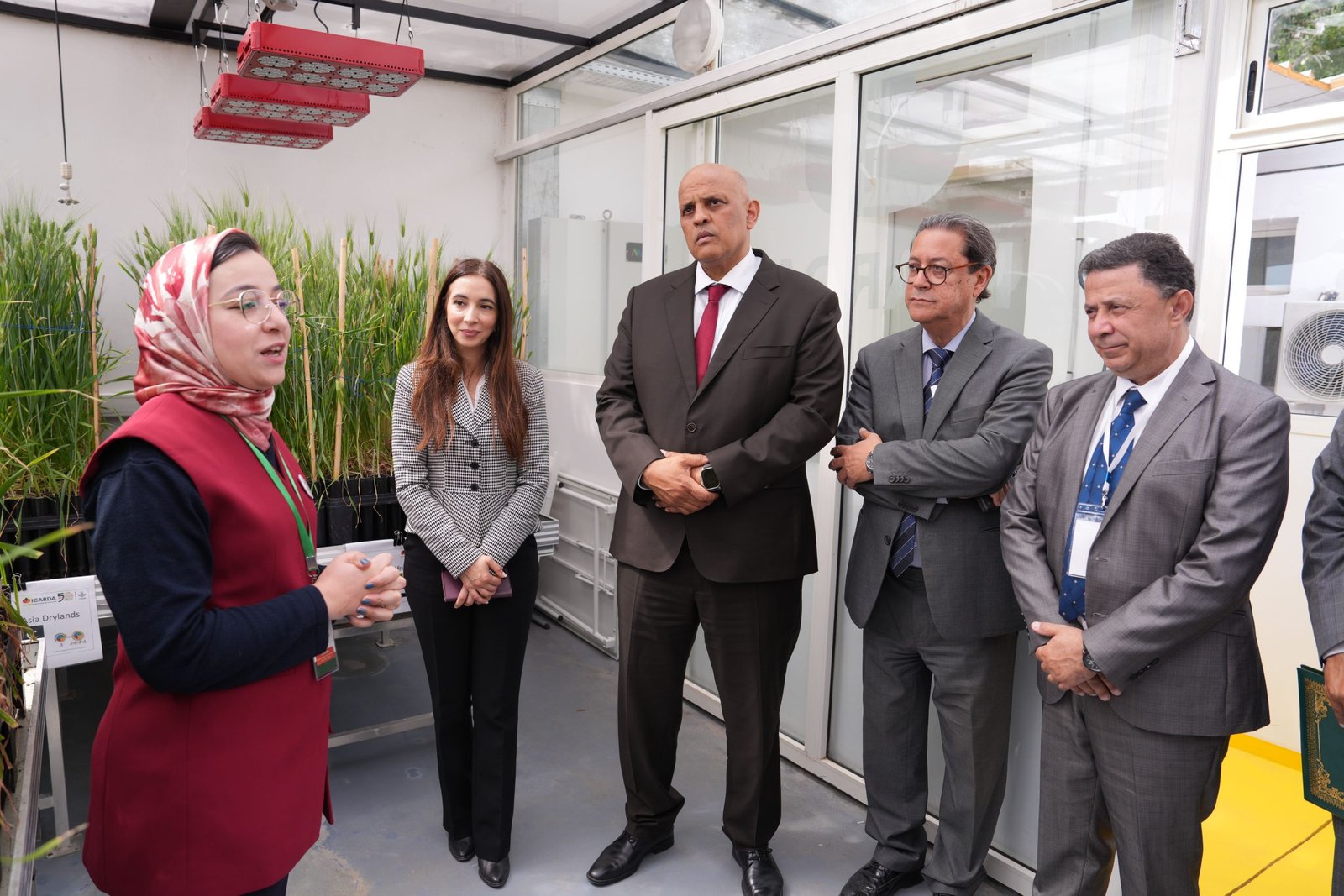
A Technological Response to the Climate Challenge…
Climate change poses a major threat to agriculture and crop production, requiring innovative solutions to ensure food security and strengthen the resilience of farming systems to climate fluctuations. Developing and disseminating more drought- and disease-resistant crop varieties is a complex and costly process, often taking years—or even decades. The Africa Accelerated Crop Improvement Platform aims to cut this time by four to six times, using advanced technologies that enable faster delivery of improved varieties to farmers.
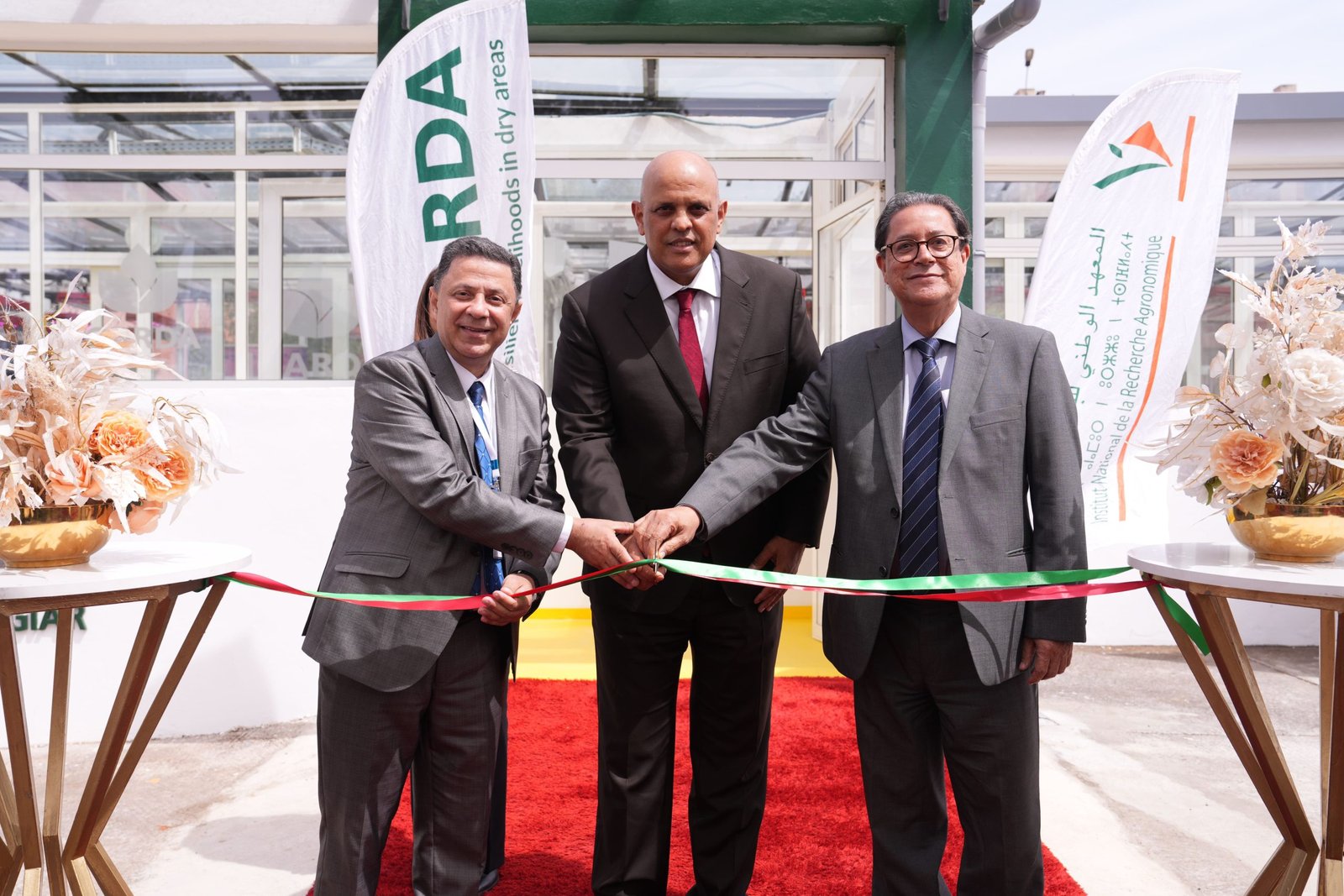
Technolog serving Agricultural Land…
This unique facility—the first of its kind in Africa—covers an area of approximately 1,000 square meters and comprises four buildings, including two state-of-the-art greenhouses equipped with LED lighting originally developed by NASA to grow plants in space. This technology allows plants to be exposed to light for up to 22 hours a day, significantly accelerating their growth. The platform can host around 150,000 plants, including cereals (wheat and barley), legumes, and cactus.
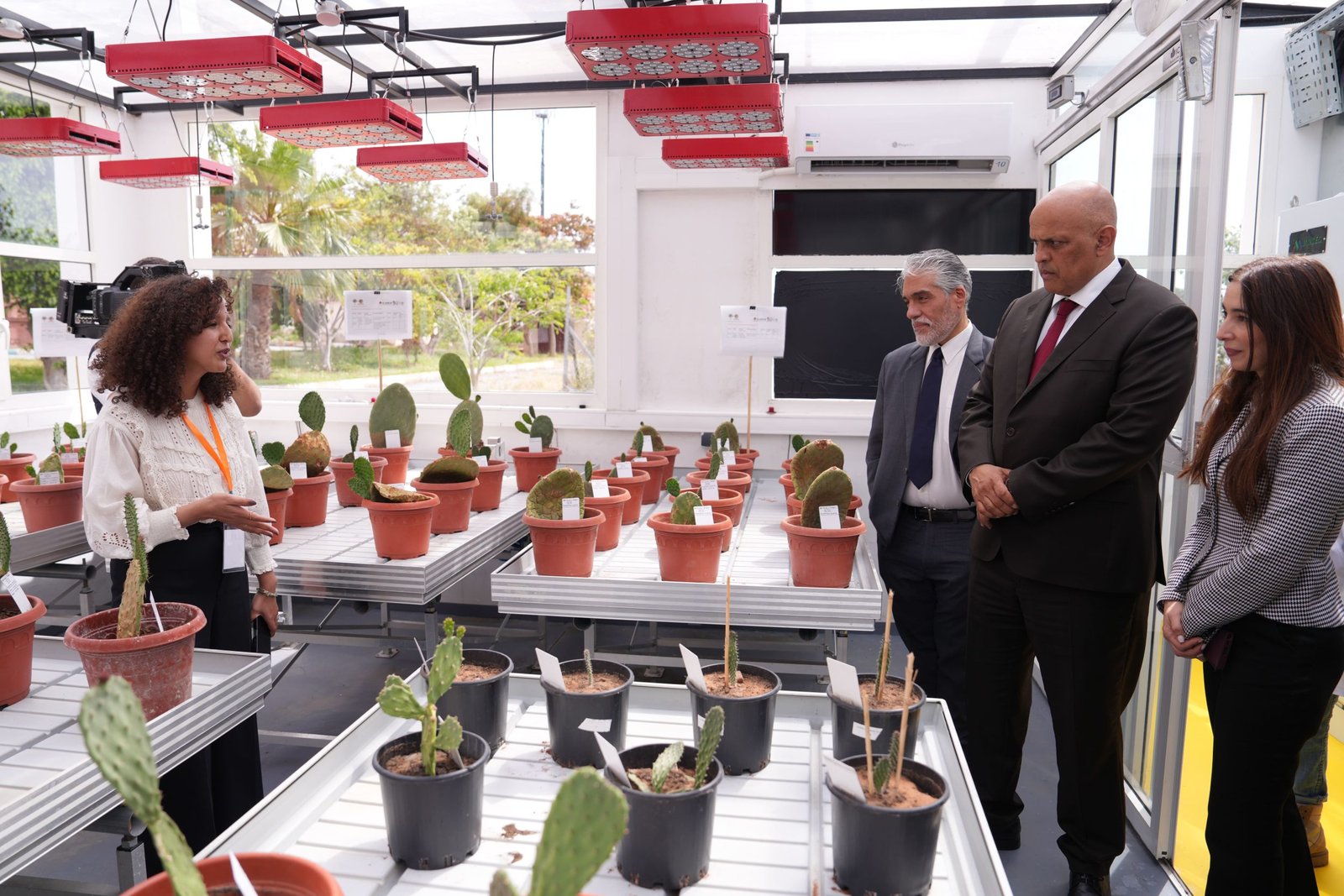
The research conducted within the Africa ACIP relies on close collaboration with ICARDA’s national partners, especially INRA, which has a dedicated growth chamber for its researchers. A broad network of international partners ensures that scientific work aligns with the specific needs of targeted regions, allowing for plant breeding adapted to local conditions.
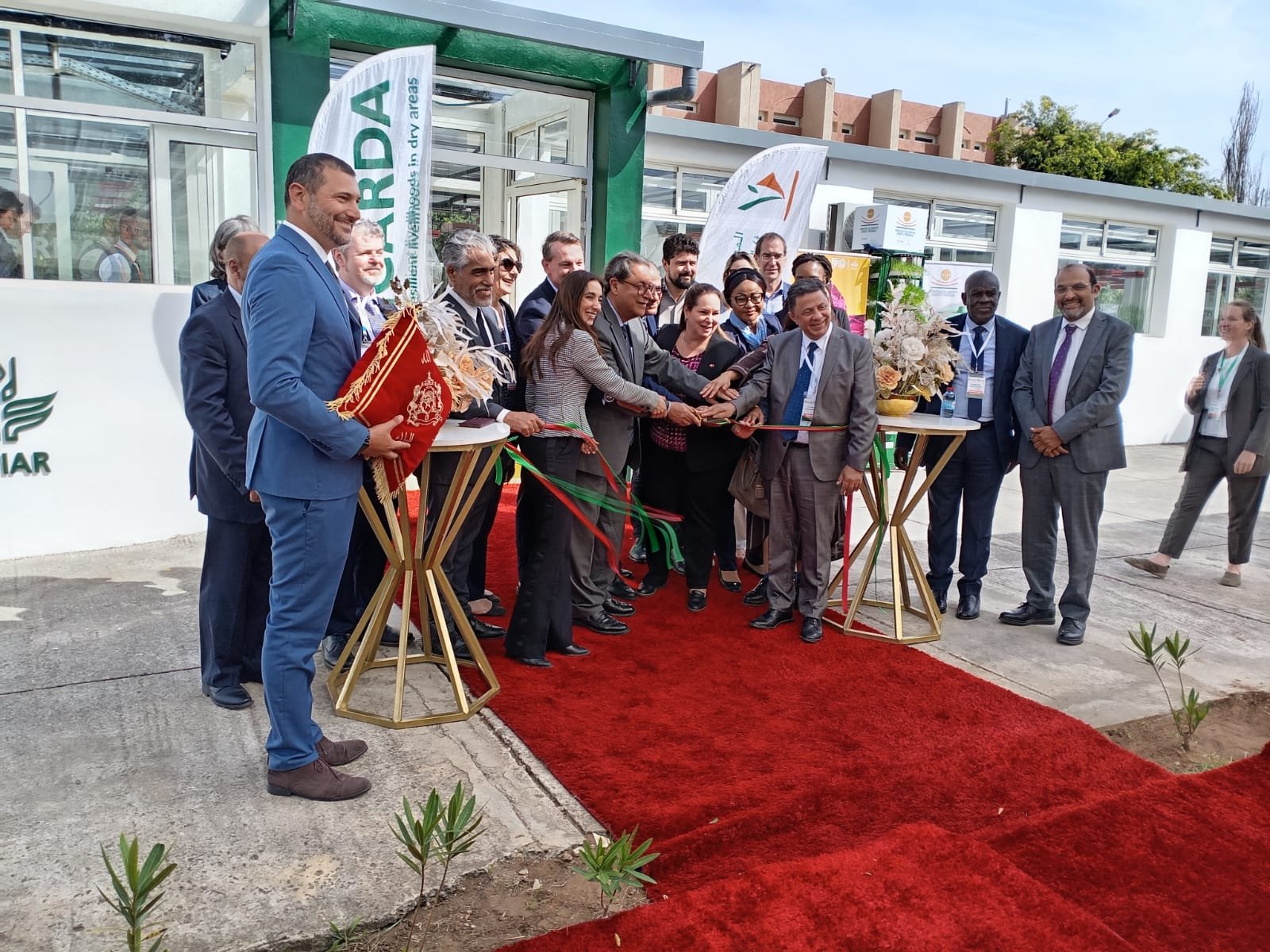
An Environmentally Efficient Platform
The Africa Accelerated Crop Improvement Platform embodies a modern and sustainable vision of agriculture. The facility’s energy needs are entirely met through on-site solar panels, while irrigation water is recycled to water green areas. In addition, agricultural waste—such as soil and straw—is converted into natural compost, reintegrated into the production cycle, creating a sustainable and circular agricultural process.
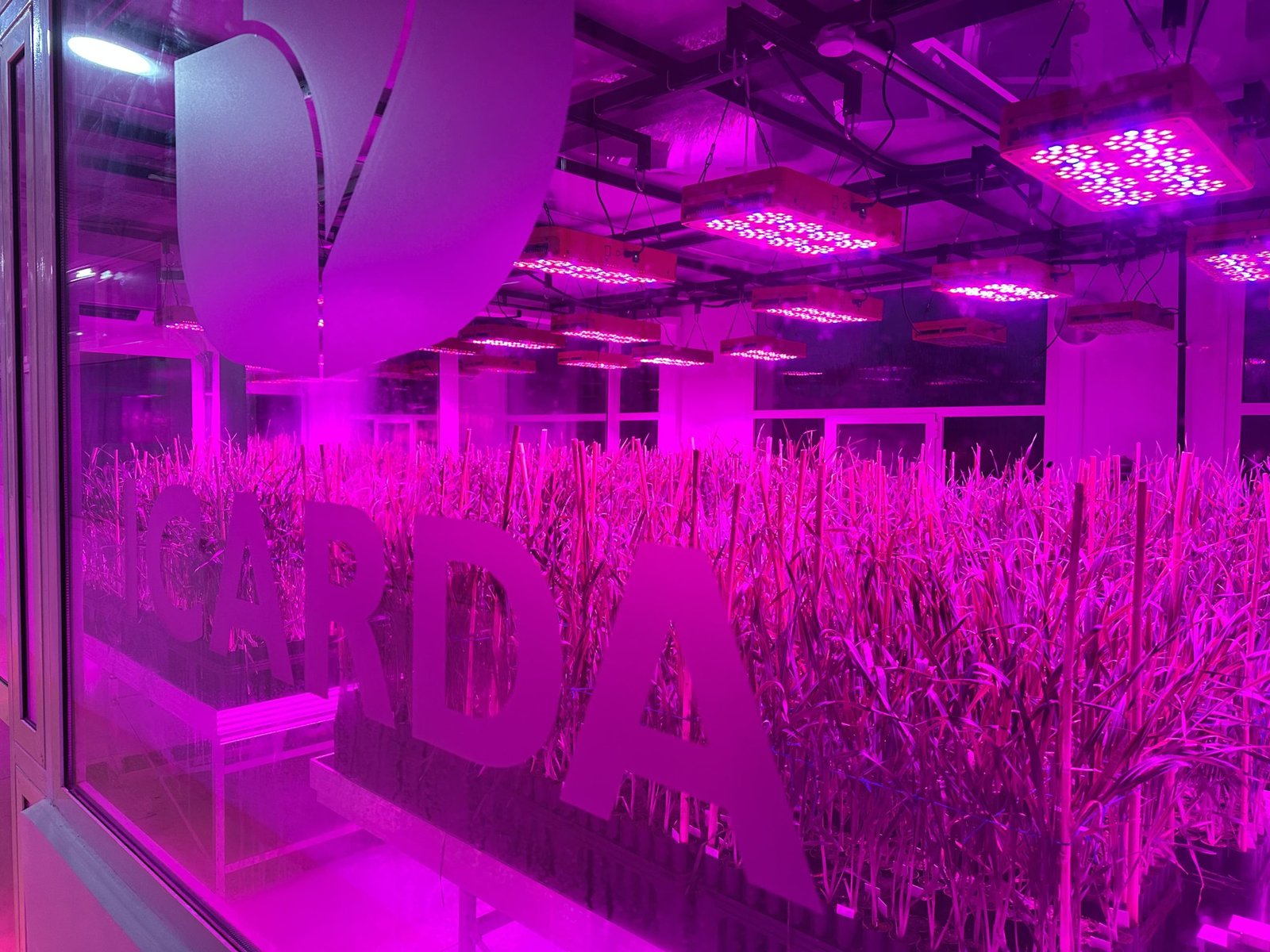
A Major Step Forward for Plant Breeding in Morocco and Africa
This platform represents ICARDA and its national partners’ renewed commitment to improving rural livelihoods while staying at the forefront of scientific innovation. It further consolidates Morocco’s position as a strategic hub for agricultural research in Africa and in the fight against the impacts of climate change.
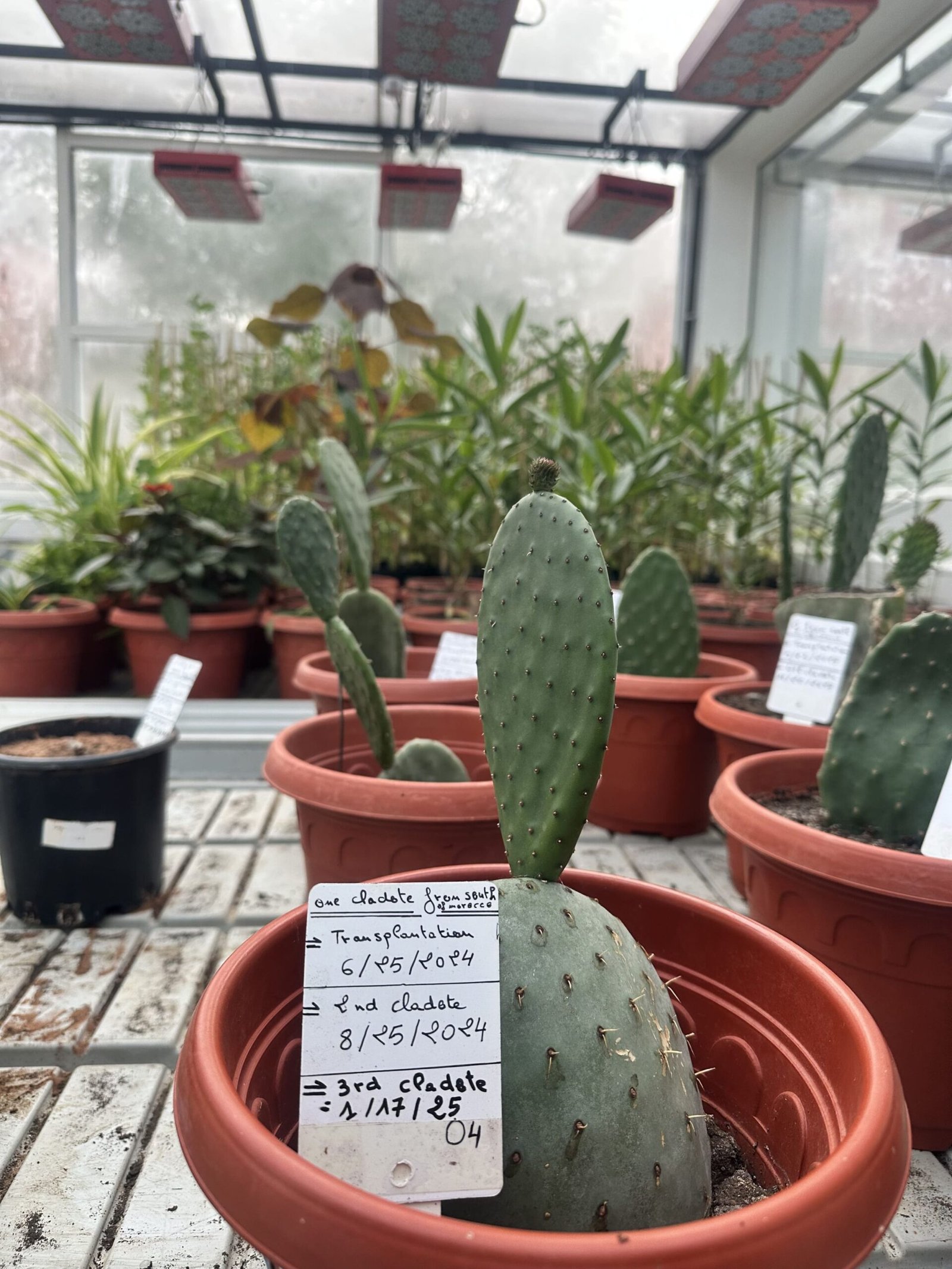
Fifty Years of Innovation in the Service of Agriculture
The launch of this facility coincided with a double celebration: the 50th anniversary of ICARDA’s founding and the 40th anniversary of its fruitful partnership with Morocco. This historic collaboration continues to bear fruit in rural development and agricultural research, as exemplified by the inauguration of the Africa Accelerated Crop Improvement Platform.
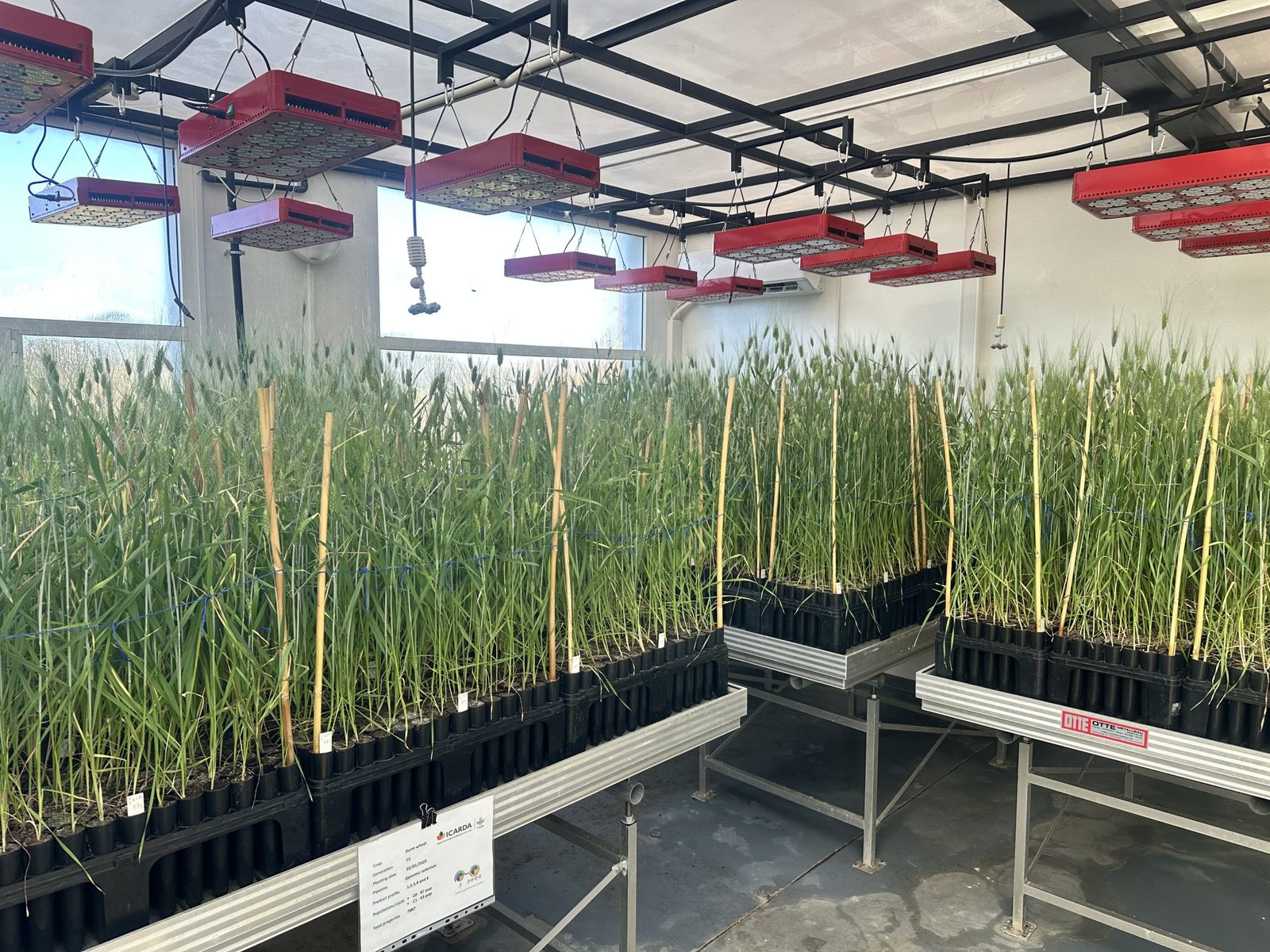
About ICARDA…
The International Center for Agricultural Research in the Dry Areas (ICARDA) is a global research-for-development organization established in 1977. It oversees projects in more than 50 countries, stretching from North Africa’s drylands to Bangladesh in South Asia. ICARDA’s mission is to deliver innovative scientific solutions to improve livelihoods in dry regions. It operates through strong partnerships with local research institutes and universities to boost the impact of its research and promote the sustainable management of natural resources.
#almouhitalfilahi


